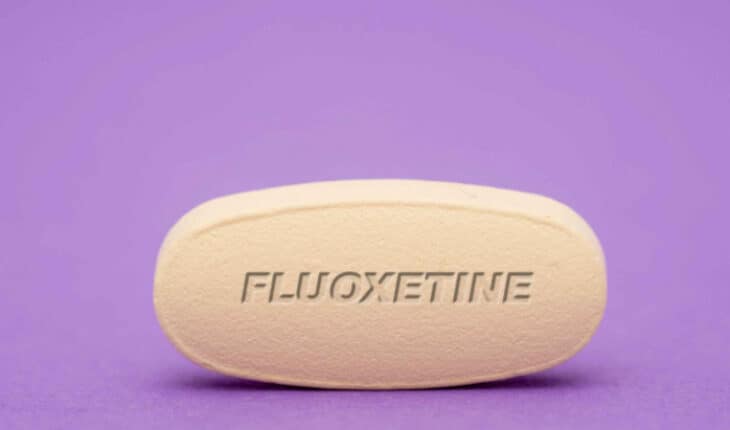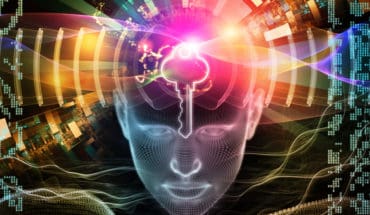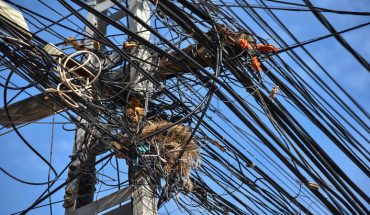A recent study, published in Neuropsychopharmacology, conducted by researchers from the University of Helsinki and the University of Eastern Finland, sheds light on the mechanisms of neural plasticity induced by the antidepressant fluoxetine.
Previous research by the same team showed that chronic treatment with antidepressants increased neural plasticity through direct binding to neurotrophic receptor TrkB, but the mechanism of relevant neural circuits remained unknown.
In the current study, the researchers conducted a classical fear conditioning paradigm with mice and discovered that fluoxetine facilitated the erasure of learned fear responses, as well as decreased the spontaneous reactivation of these responses. Additionally, the mice exhibited faster learning of spatial patterns in pairwise tests when treated with fluoxetine, particularly when the task was reversed. However, the effects were diminished or absent in mice with lower TrkB receptor expression in their PV+ interneurons, an important class of GABAergic inhibitory neurons, responsible for regulating the activity of excitatory neurons and playing a crucial role in various functions, such as cognitive processes and memory.
The researchers also analyzed gene expression specifically in PV+ interneurons following fluoxetine treatment. They found changes related to GABAergic synapses, axon guidance, and enzymes involved in the formation of perineuronal net (PNN), an extracellular matrix surrounding PV+ interneurons, which plays a role in regulating neuronal plasticity. Moreover, they observed a decrease in the number of PV+ interneurons with PNN and a reduction in the intensity of PNN following fluoxetine treatment, indicating enhanced plasticity of PV+ interneurons. However, this effect was attenuated in mice with lower TrkB receptor expression in PV+ interneurons.
The results of the study suggest that the TrkB receptor in PV+ interneurons is primarily responsible for the increased reversal learning observed with fluoxetine treatment. These findings may offer new perspectives for the development for psychiatric diseases and pave the way for new medications targeting brain plasticity via PV+ interneurons.
The study was carried out by Professor Eero Castren’s research group at the University of Helsinki and Docent Juzoh Umemori at the University of Eastern Finland.
- New lipid-based pathway discovered as key to memory formation - 25th June 2025
- Crucial link could explain how Alzheimer’s takes hold - 25th June 2025
- Understanding Your Mind Can Improve Daily Life - 25th June 2025







